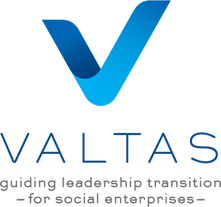THE LATEST FROM VALTASNews, updates, and stories to keep you in the know.
|
I remained angry that the problem persisted, but I kept my resolve to be someone who disrupted the status quo and offered a new paradigm that fixed whatever was wrong. The Backstory As a teacher of students with special needs, it was important how I defined the challenge. The problem for me was never, “How do I get them to succeed in the classroom?” My challenge was, “How do I give them what they need to navigate life with less stress, disappointment, and frustration, and replace that with some self-confidence, curiosity, and fun?” No offence to regular classroom teachers but making your life easier at the expense of helping another human being find peace in who they are was never going to fly for me. I wasn’t there to “fix” students. I was there to help them learn to coexist in a hostile world while they learned to accept and celebrate their uniqueness. THAT is what I got up every morning to do. I brought the same approach to my roles as a nonprofit leader. Whether I was a regional manager, a State Program CEO, or working on the international stage, I always started with a fairly skeptical view of what “normal” people thought ought to happen. I questioned everything. I challenged almost everything. I was disruptive. Whether I was working on redesigning governance models to be more inclusive, evaluating program delivery in third world nations, mentoring staff, or raising money for our cause. I was on fire. My work was never just a job; it was a calling. Until it wasn’t. Realizing A Shift Occurred 35 years of waking up every day to go to work with a fire burning inside you that nags at you to be more persuasive and more effective is not sustainable. Over time, I learned to compartmentalize the fire, the outrage, the calling. I could distract myself with “more important” work like budgets, contracts, fundraising strategies, and board development. I told myself that I was growing up (of course this conversation with myself didn’t start until I was in my 60s, but I guess I’m a late bloomer) and that this is what grownups do and how we contribute. Eventually, I called BS on myself and left the job part of my calling. I stepped away to refresh and to bask in the satisfaction of my life’s work. But when I looked at what I had left I was in for a rude awakening. I had an image of what my “legacy” might look like. In my mind it included:
Then it dawned on me! It isn’t the hours, pay, lack or respect, or a personal life that is the problem. It’s the lack of fire! It isn’t that the fire isn’t there in most cases – it is the fact that no one has tended it to keep it burning. Getting to the Root Cause I went to talk to people who I had worked with over the years to see if they saw the same thing. We all saw it. When we asked ourselves what was different when we were at our best, the answer was that we were disruptors – and we wore that title proudly! We were on a mission; and we felt that if we didn’t change things, no one would. It was on us. We questioned everything and everyone. (We, admittedly, made some mistakes as we charged through institutions, processes, norms, and expectations, but it was all with good intentions.) We pissed people off, but we got stuff done. Roadblocks were like sport to us! We had found in each other the stuff that revolutions are made of. We had new ideas. New ways of thinking about things, new ways to evaluate what we were doing and how we did it. Then we worked to infiltrate our way into positions of authority so we could have more influence to make the vision we shared into reality. At that point I realized that we, or at least I, had failed to tend the fires I had lived with for so long. I look at organizations now as I try to help them, and I can see the board members or staff who have that fire. And I see the ones that don’t. Sometimes it is that the organization got so big that compliance and authority took the place of passion and disruption. Sometimes it is that new leaders came in who didn’t have or even value the passion that drives people wake up every day with a fire in them to change the world for the better. But no matter what the cause, the solution is easy. Fixing the Issue Decide to stoke your own fire! Disrupt the systems! Don’t accept the status quo and try to work within it! Fight it! Prove it wrong! (It almost always is! That’s why you got into this work in the first place!) Find leaders who value you and the energic, constructive disruption you bring to workplace. If you are the CEO, ask yourself when the last time was that you were disruptive. Instead of being annoyed at the young (or not so young) staff member who questions things, spend time discovering what is really behind the questions they’re asking. I can assure you that it isn’t a burning desire to be a pain in your side. You aren’t that important to them. Find out what they see and dream of that your systems are blocking. Stop trying make them sit still and be a model employee in the NFP “classroom.” Feed the self-confidence, curiosity, and fun that got them (and probably you) into this work in the first place. Find the common thread of vision that runs through you and your staff. Build the band of misfits and dreamers that wake up every day excited to go shake things up and make the world a better place. And, if you can’t envision all that, step away. Take your own journey. Rekindle your fire first, then spread the sparks. If you never had that passion and you are just an executive who is running a nonprofit to feed your ego, pardon my language, but get the hell out of the way! Those us with the fire ARE going to change the world; and trust me – you do NOT want to be in our way! About The Author Dave Lenox – Managing Partner  Dave is the Managing Partner of Valtas Group. At Valtas, Dave’s focus is on providing clients the best resources available while working to achieve equity and inclusion for all in the non-profit sector. Dave is an experienced leader with a demonstrated history of working in the non-profit, change management, and organization design and management fields. Skilled in International Relations, Inclusive Governance models, Organizational Development, Social Media, and Training. Over the course of his career, Dave spent over 35 years serving in leadership roles at Special Olympics; President and CEO of Special Olympics Washington (SOWA), Vice President for Leadership Development and Education at Special Olympics Inc. in Washington, DC., Executive Director for Special Olympics West Virginia, and CEO for Special Olympics North Carolina. Comments are closed.
|
THE LATEST FROM VALTAS
You are welcome to subscribe to get the latest news, updates and insights from our team. Subscribe:Ask Valtas!Categories
All
Archives
July 2024
|

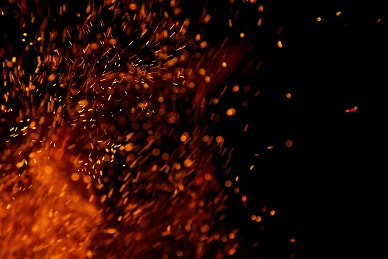
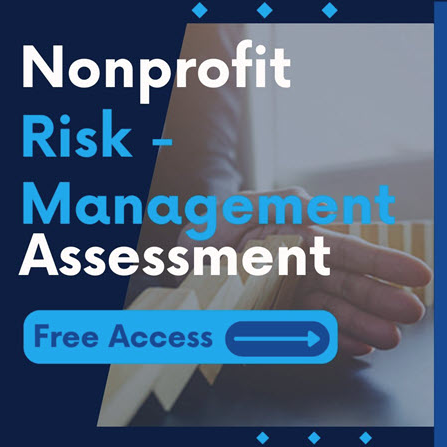
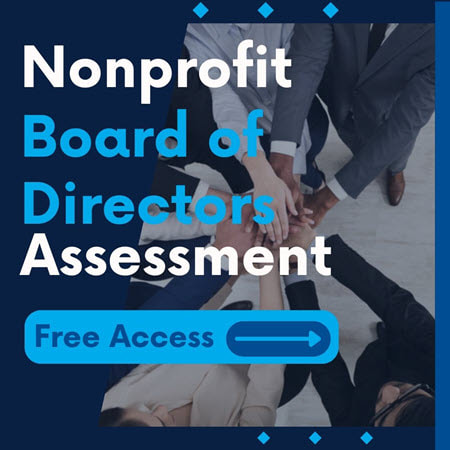
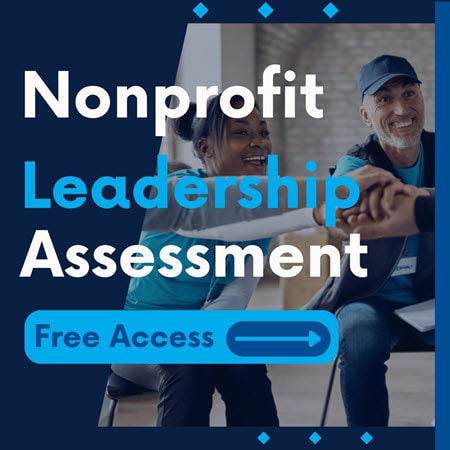
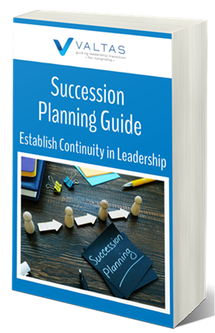
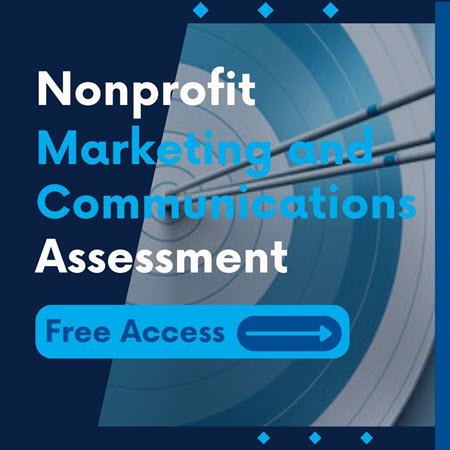
 RSS Feed
RSS Feed
